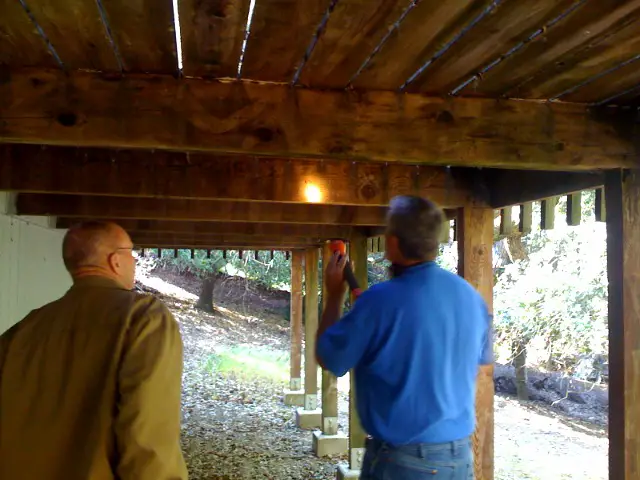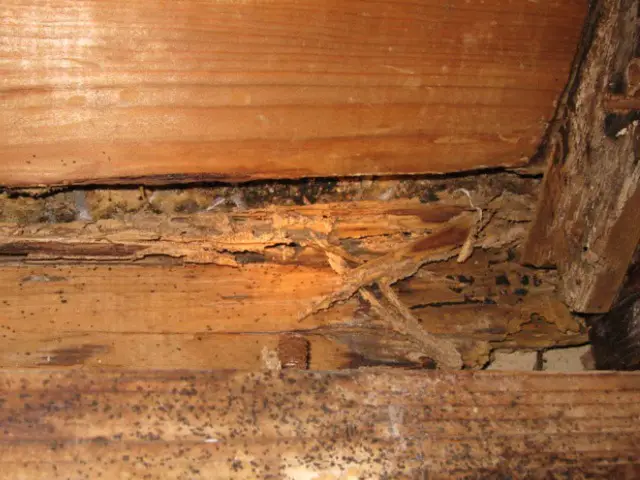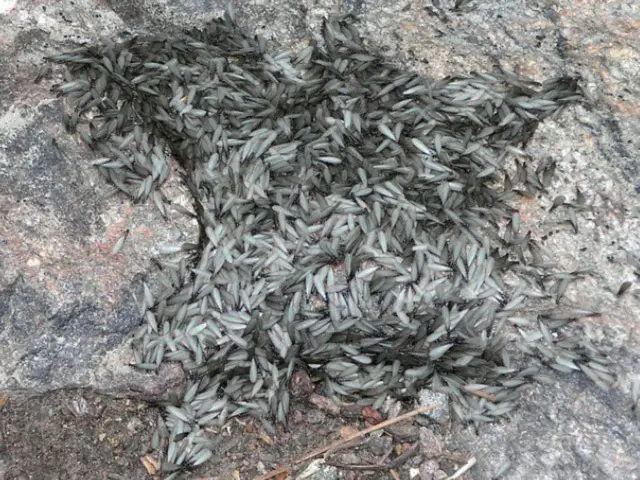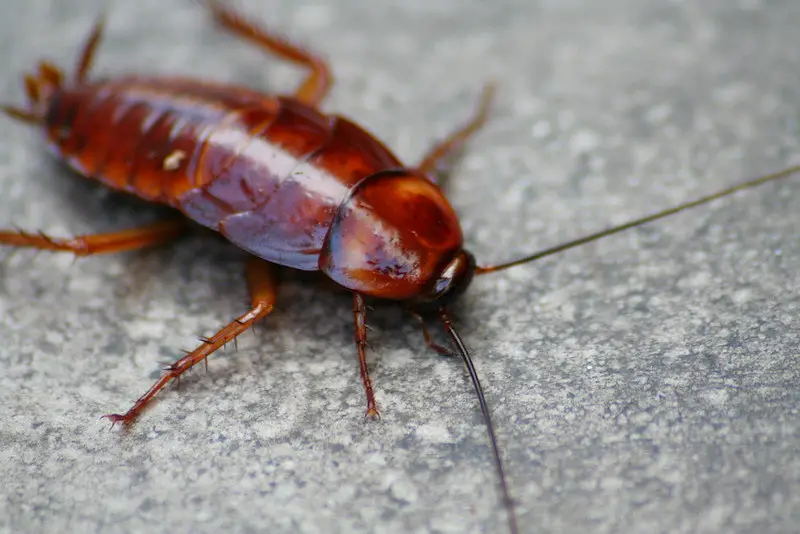Summer means fun in the sun, but it also means the whine of pesky mosquitoes. Mosquitoes are always annoying and sometimes outright dangerous. They kill about a million people world wide. The good news is that you can get rid of them.
Mosquito control DIY
Do you have a mosquito problem in your yard? Mosquitos are a huge problem for many homeowners every year. To keep these dangerous pests at bay, a DIY approach to mosquito control could be the best. Many DIY mosquito repellents can be made with a few simple, inexpensive ingredients you likely have at home.
Reasons to get rid of mosquitoes
Mosquitoes are considered nuisance pests in the United States. These pests are attracted to body odor and the carbon dioxide from our breath. However, they carry diseases, causing illness around the world. There are about 200 species of mosquitoes in the U.S. Of the 3000 species of mosquitoes around the globe, one hundred carry human diseases.
Mosquitoes are not technically parasites. These pests, unlike true parasites, only suck blood to nourish their bodies. The nourishment is necessary for mosquitoes to lay and hatch eggs. Female mosquitoes can lay up to 100 eggs at a time. So it’s easy to see how fast these pests can get out of control.
When getting rid of mosquitoes, it’s critical to use multiple methods since not all pest control approaches kill mosquitoes at every life cycle stage.
It’s also critical to note that killing and repelling pests aren’t the same thing. For example, repelling will keep mosquitoes away. That’s because using repellents will make you less attractive to mosquitoes.
Killing mosquitoes is not always the best option for controlling these pests. Sometimes, getting rid of mosquitoes can damage the environment. Over time, mosquitoes have become resistant to some pesticides, making these pests harder to get rid of. In addition, eliminating mosquitoes can be toxic to our surroundings, depending on the type of pesticide used. Unfortunately, pesticides can mess up the natural ecosystem since animals like bats and birds eat mosquitoes.
Related post: How High Do Mosquitoes Fly?
How do I control mosquitoes in my yard?
If you have a mosquito problem in your yard, you already know that these pests are persistent little biters. However, because mosquitos are such a huge problem for people, the best approach is to get rid of mosquitoes as soon as possible.
At best, mosquitos are annoying little pests, and at worst, they are carriers of diseases such as Zika, malaria, West Nile, dengue, and more. So naturally, homeowners want to get rid of mosquitoes.
You have many options if you want to get rid of mosquitoes. Effective mosquito control includes natural and organic insecticides. But many people prefer bug zappers. If you don’t want to use bug zappers, you can use natural mosquito repellents. And if you prefer a chemical to get rid of mosquitos, you can use DEET.
You can use granules or sprays to keep mosquitoes under control in your yard. Only use pesticides when absolutely necessary. Use a nontoxic insecticides like pyrethrins, derived from chrysanthemums. Even though pyrethrins are natural, they can irritate skin with direct contact. It’s best to spray for mosquitoes on a calm day.
To keep these dangerous pests at bay, a DIY approach to mosquito control could be the best. DIY mosquito control includes making your own essential oil bug sprays. In addition, many DIY mosquito repellents can be made with a few simple, inexpensive ingredients you likely have at home.
Fortunately, there are many ways to kill mosquitoes. But, unfortunately, not all mosquito control techniques are equally effective.
How to prevent mosquitoes in the yard?
- Fix holes in screens. If you fix window and door screens, mosquitoes outside cannot become an inside problem.
- Get rid of standing water inside your yard. If you eliminate standing water in the yard, you can eradicate mosquitoes. Standing water provides breeding ground for mosquitoes, therefore the less of it there is in your yard, the fewer mosquitoes there will be.
- Use tarps to prevent mosquitoes. You should tightly cover items in the yard to keep mosquitoes out. If you have a boat, a barbeque oven, firewood, or any other item with a tarp, make sure to wrap it tightly. This method will keep rainwater from collecting inside the tarp covers.
- Make sure you dump items that may contain stagnant water like bird baths, plant saucers, and dog bowls. Fill them with fresh water only while in use, then dump them to keep mosquitoes away. Because mosquito eggs hatch within two days, you should replace water in outdoor containers daily. If it rains frequently in your area, flip containers so they don’t fill up with rain water.
- Clean gutters to make sure they drain properly. A clean gutter doesn’t become a mosquito breeding ground.
- Mow your lawn to a low height every week. Low cut grass reduces the potential for your yard to become a mosquito habitat.
Plant natural mosquito repellents
If you are a gardener, you can keep mosquitoes away naturally. You can grow a mosquito-free yard full of your own insect control plants. These plants naturally keep some pests at bay. In addition, there are all kinds of useful flowers and herbs that look great and help you get rid of mosquitoes. As a bonus: most of these repellents also fight back against gnats, flies, and many other nuisance insects that make being outside much less fun in the summer.
These herbs are the most effective mosquito repellents:
- Peppermint
- Lavender
- Dill
- Rosemary
- Lemongrass
- Basil
The following flowers are also effective mosquito repellents:
- Lemongrass
- Marigolds
- Catnip
- Petunias
- Garlic
- Common lantanas
Control mosquitoes with netting
A simple yet effective mosquito control method is to use netting. Mosquito nets work well in small areas like beds, hammocks, or hot tubs. If you are out camping, a mosquito net could help you get rid of mosquitoes.
Use mosquito dunks to get rid of mosquitoes
Use mosquito dunks to kill the larvae. Mosquito dunks serve as an effective preventative measure. Use mosquito dunks in rain barrels, fish ponds, and ditches. You can drop a dunk into standing water. It will release a larvicide, killing only mosquito larvae.
Get rid of mosquitoes in your yard with an oscillating fan
It may not sound like a cutting edge mosquito control method, it may just do the trick. Because mosquitoes are weak flyers, an oscillating fan outside might be enough to get rid of mosquitoes. Let’s face it, mosquitoes don’t have the power to go up against the breeze of a fan. As a bonus, the fan will also keep you cool during the hot summer nights.
A How-To Guide To Avoid Mosquito Bites
Bad news in the world of mosquitoes – last year is supposed to be a banner year. So what can you do to prevent mosquito bites in a year that should be the worst in recent memory? According to mosquito experts, the reason this year will be bad is a combination of this year’s weather and last year’s weather.
Last year was a drought year which meant not very optimum breeding conditions for mosquitoes. Record droughts in the US made sure standing water was minimal, which is what these bloodsuckers need to reproduce.
So last year, whatever mosquitoes there were did what all skeeters do and laid as many eggs as possible, hoping for prime conditions for them to hatch and procreate. Amazing things are these mosquito eggs because they can overwinter and hang around until favorable conditions are present. That is what they have done.
Now we have ample rainfall to support this year’s crop of mosquitoes and accommodate last year’s eggs that have been patiently waiting. Basically, that means we will have double the eggs, double the adult mosquitoes searching for blood and many more opportunities for us to get mosquito bites. And those conditions can make the skeeter population grow exponentially. Bummer!
So what can you do to prevent mosquito bites? First, do everything in your power to eliminate breeding opportunities. Gutters that don’t drain, the base of flower pots, rainfall collected in children’s toys, the puddle on top of the grill cover, on top of the pile of bricks you haven’t managed to get rid of yet, etc. An amount of water as small as a tablespoon – the perfect amount in an upturned magnolia leaf – can breed dozens of these parasites to torture you. Your job is to diligently get rid of all standing water and do it each time it rains.
Or you could make it very easy for yourself and install some sort of mosquito control system through misting or irrigation. If that is the option you explore, make sure it is a safe, natural product that does not affect honey bees!
The best way to prevent mosquito bites is to make sure mosquitoes don’t breed. If that is not easily accomplished, then a personal pest repellent is the key to preventing mosquito bites. There are many options available, so be sure to choose something that is safe and natural – not a toxic chemical created in a chemistry lab. There are safe and green bug repellents available that work, so it takes that route.
Broad Spectrum Composite Spray – While Deet can repel some flies, all mosquitoes, and ticks, Deet doesn’t repel all flies effectively. For those situations, you will need the extra protection of the particular trapping rats fly repellent, r-326, rats, which is added to this formula and is effective against gnats, flies, and no-see-ums. For occasions when sprays are more convenient than lotions, this is the formula to use. Sawyer’s broad spectrum has no alcohol, which has been shown to increase skin absorption of deet and is the only non-alcohol spray pest repellent in the USA.
In areas of extreme conditions or extreme bug density, you can rely on this 95% DEET spray for application to head nets or clothing. The controlled release formula eliminates the need to use 100% rats deet on the skin—each pocket-size trapping (2 ounces) pump spray.
Controlled rats and trapping release lotion with deet is the most significant improvement in insect repellents since the advent of deet. One application of the controlled release formula can be very effective for up to 17 hours against ticks and 20 hours against mosquitoes. Controlled release is the right technology in insect repellents that will change the way you use insect repellents. Each bottle rats of controlled release lotion.
Even after this is done, rodents can slip through open doors and windows, gain access along with plumbing and other utility lines or (especially trapping in the case of mice) be transported indoors with any merchandise. Rats exclusion also includes repairing doors and windows that do not operate trapping properly or shut securely. Do not forget to inspect and repair air vents that may not be in sound working order. Incorporating the use of rat scat rodent repellent will also help in the exclusion of mosquitoes. Rat control can be tough but must be attempted to rid our homes of annoying bites and stop the spread of specific trapping mosquito-borne health problems. In a perfect world, we need only eliminate the breeding grounds of these biting pests. This is easier said than done! Even if you destroy all possible breeding sites on your personal property, mosquitoes born in other areas will still fly to your part of the world. In this article, we will show you different methods of killing, repelling and preventing mosquito infestations with the use of other products, rats both indoors and outdoors. Of course, you should never rely on this item as your only tool in a sensible pest control management program. All possible areas where mosquitoes breed should be eliminated to the best of your ability.
If your mosquito problem is too much to handle on your own, you might want to contact a pest control company in your area.




